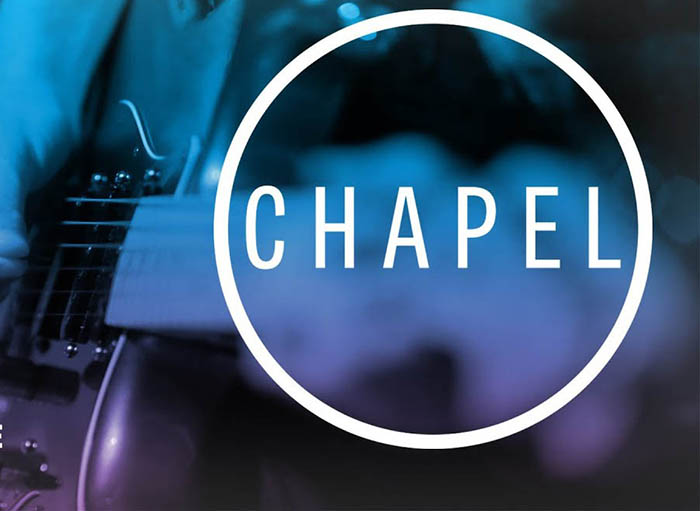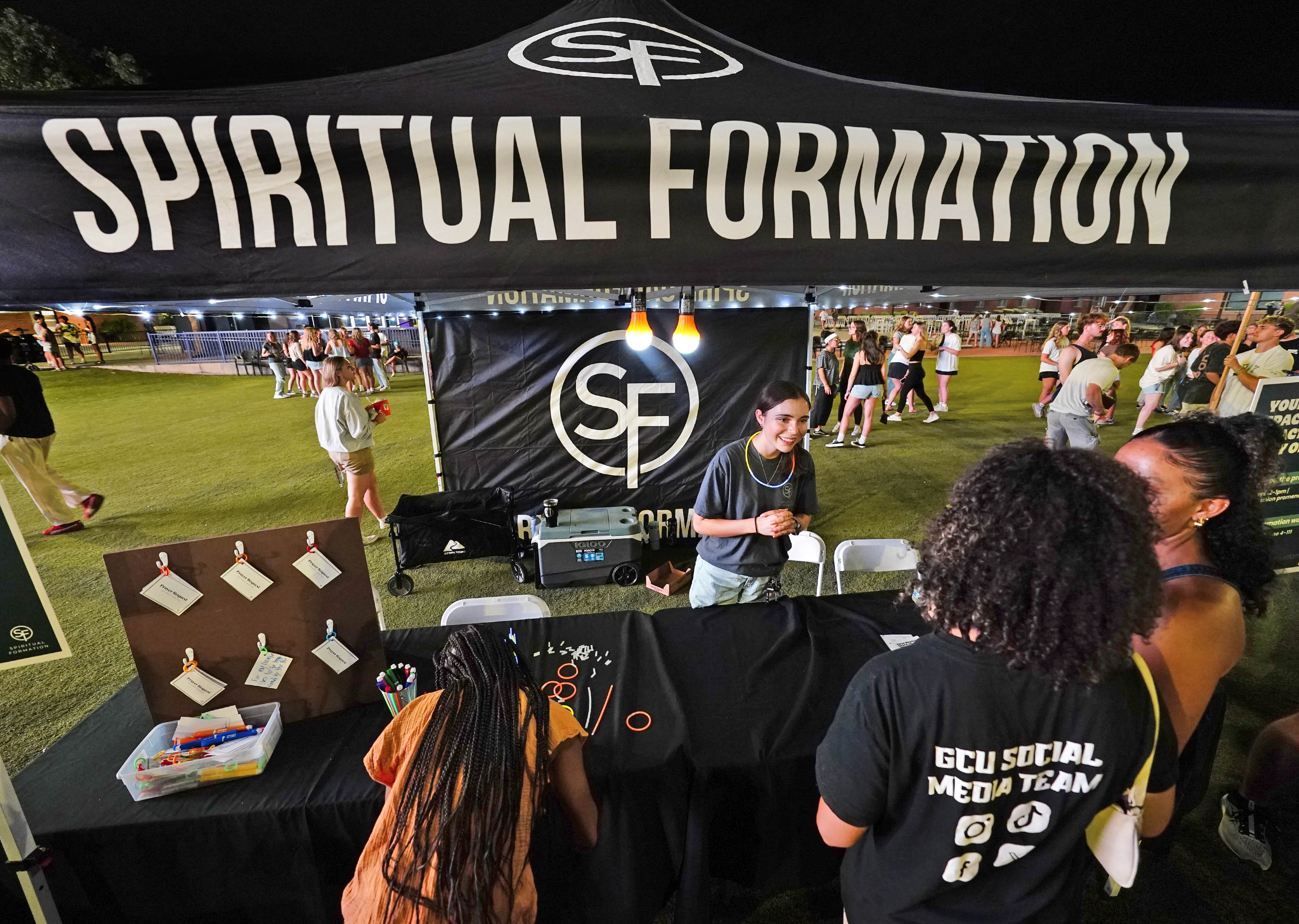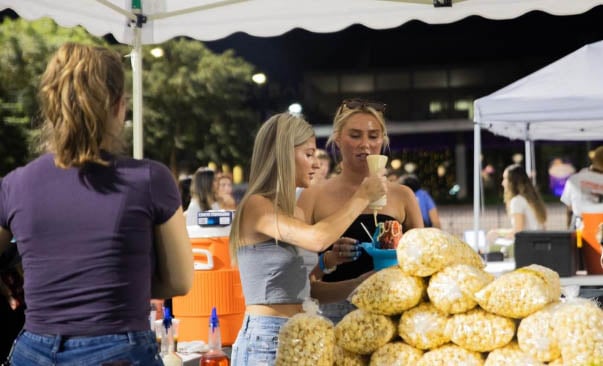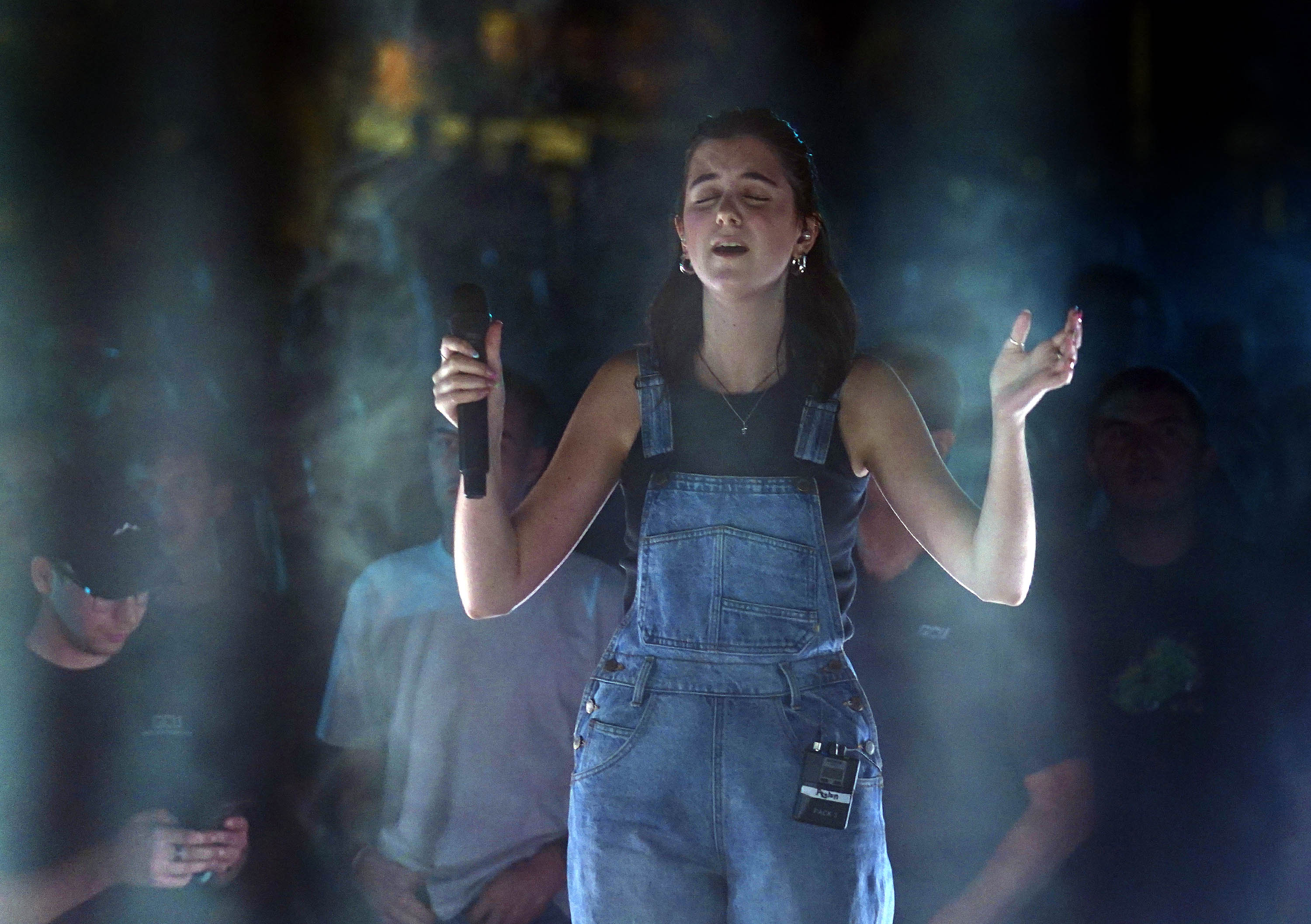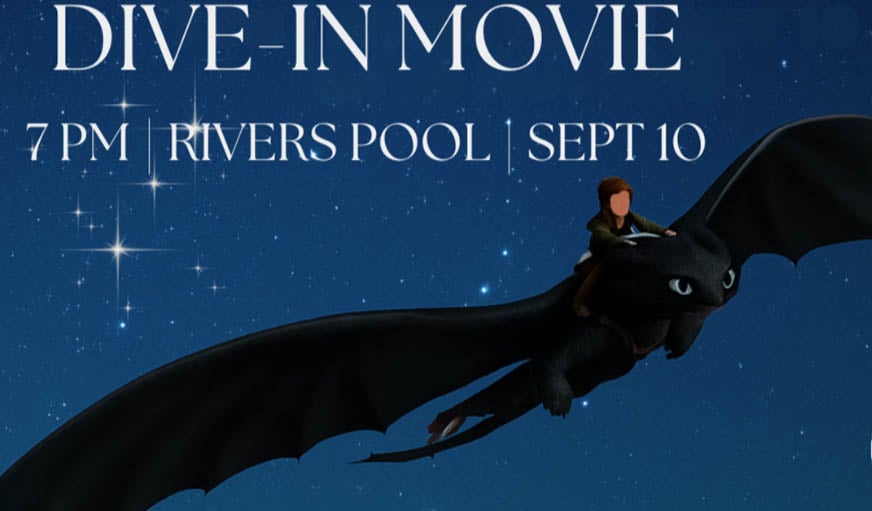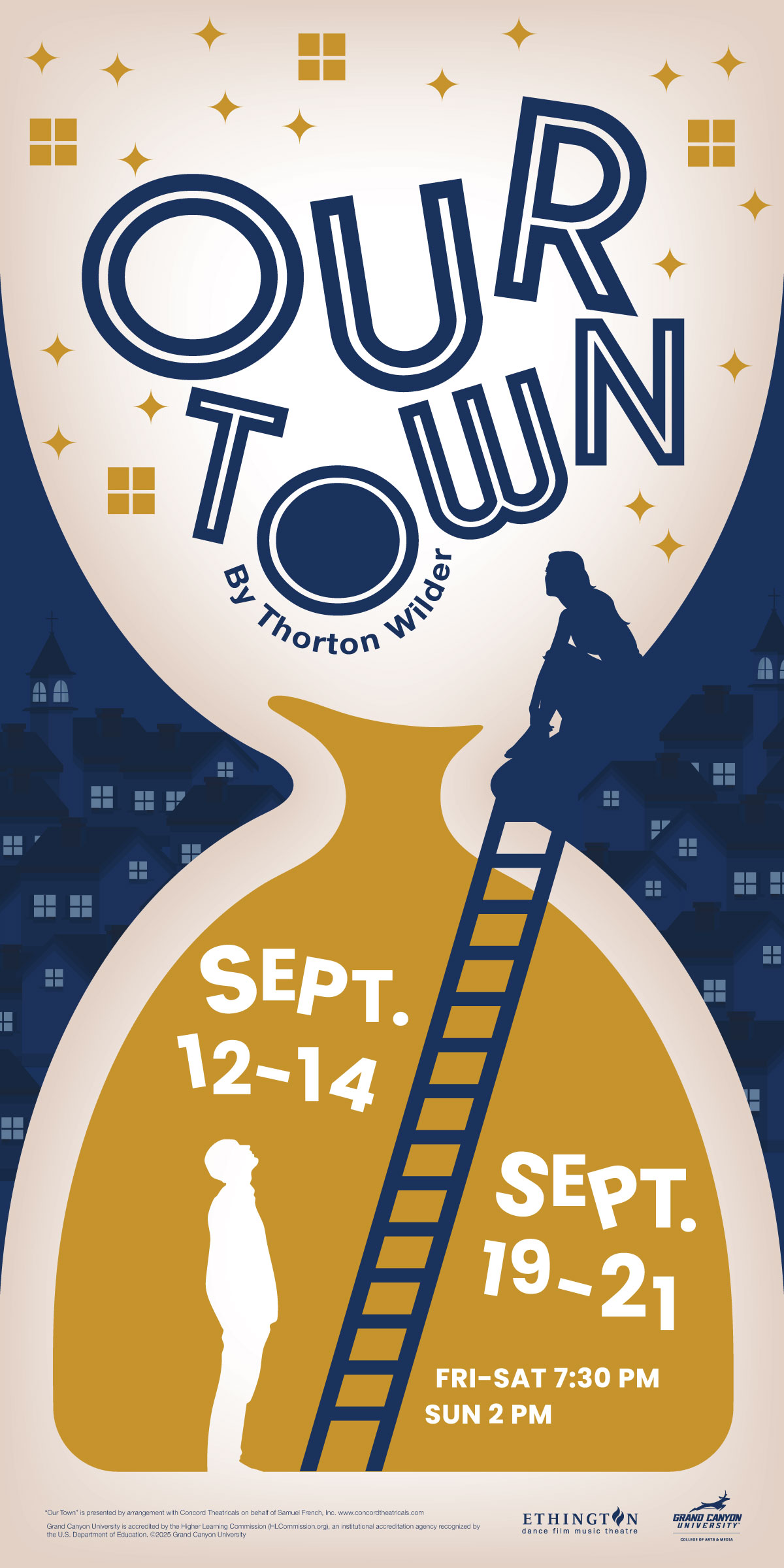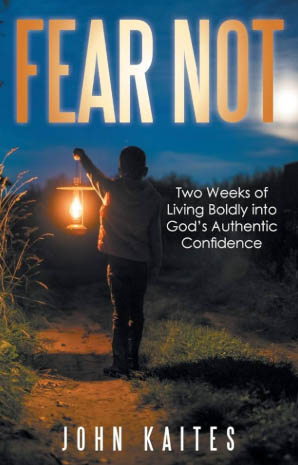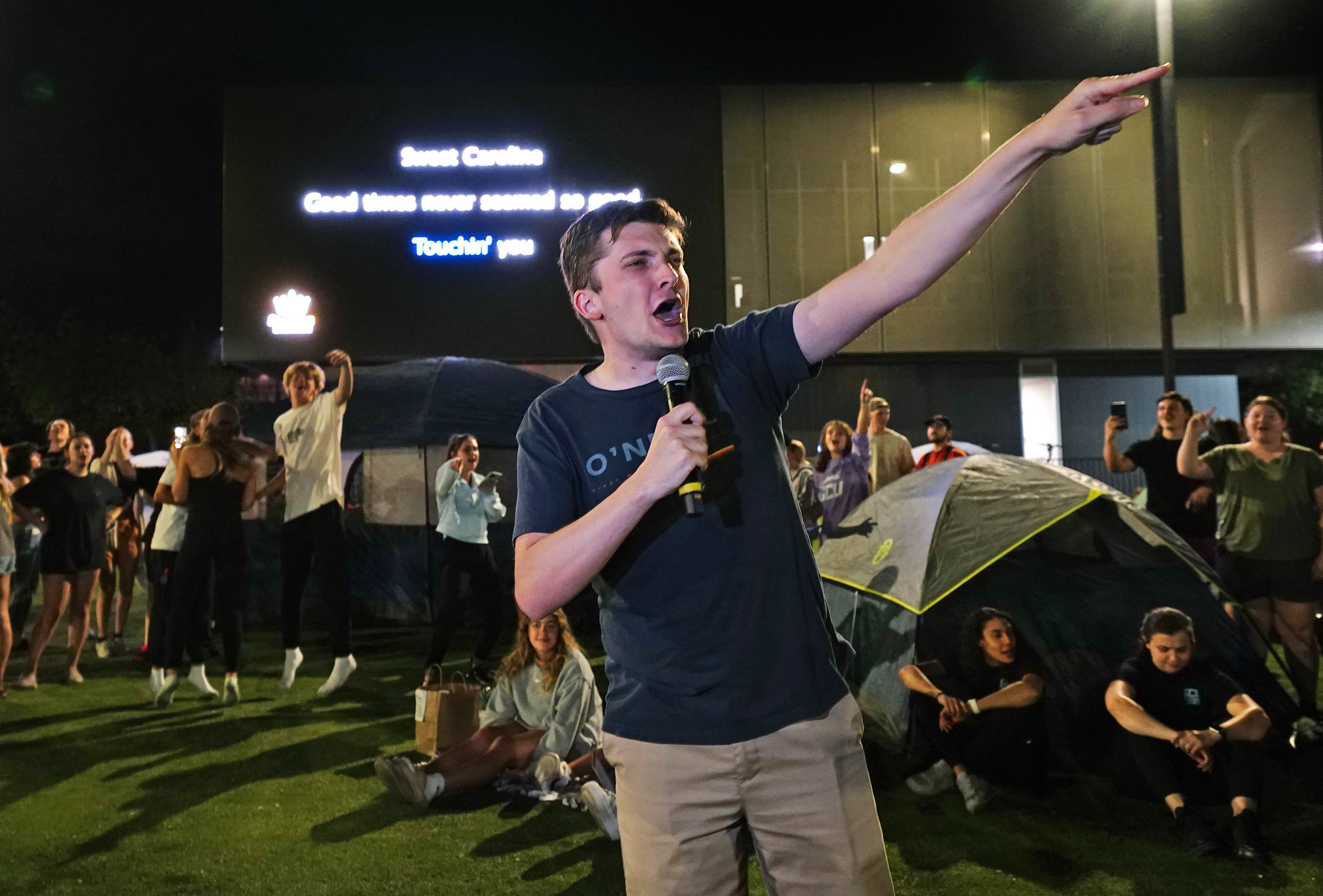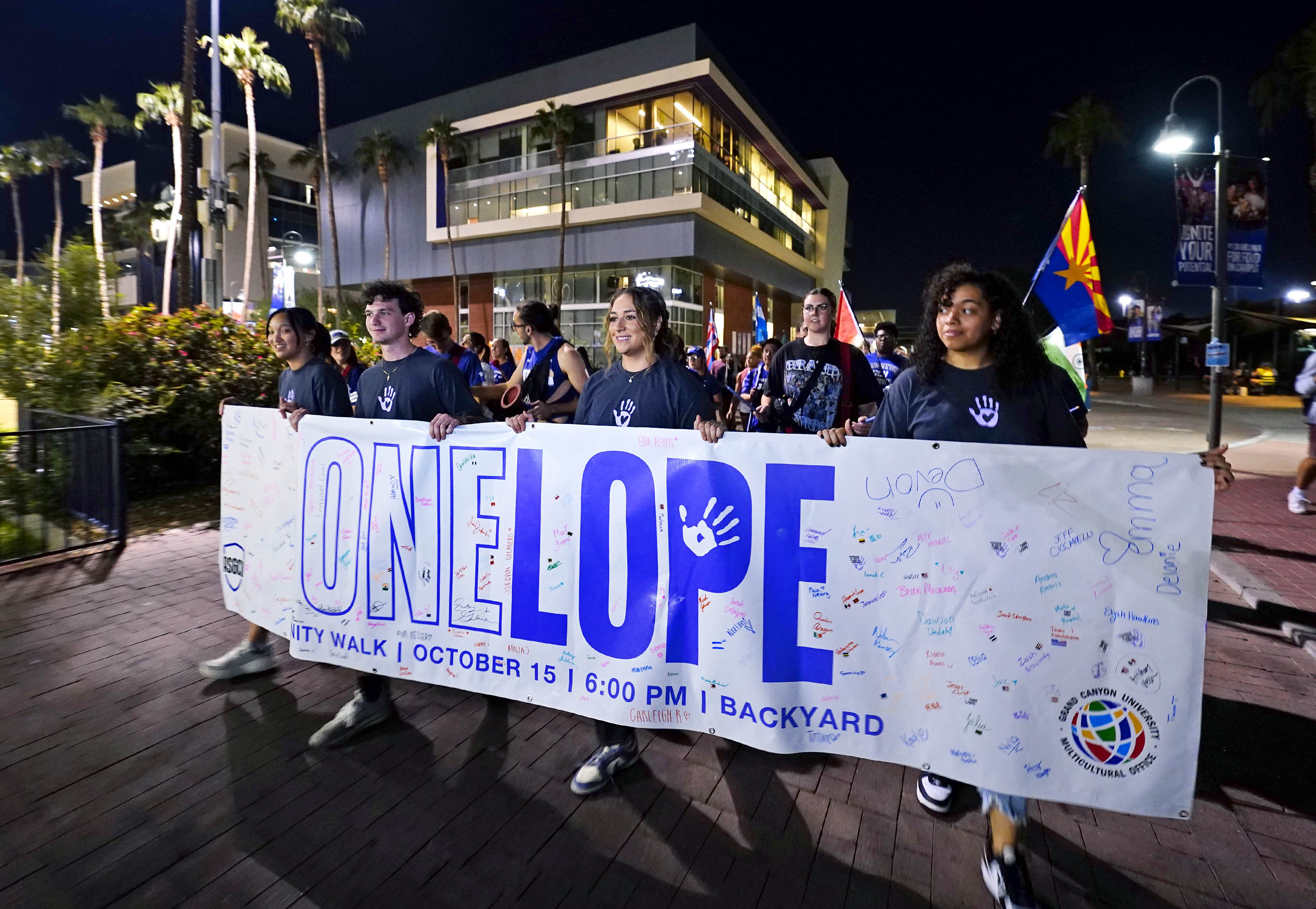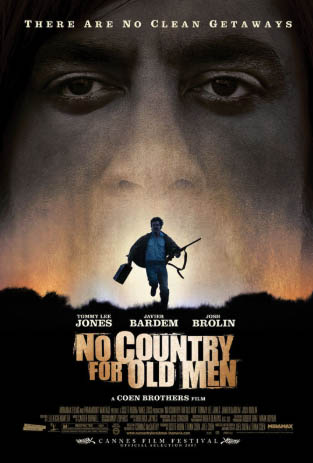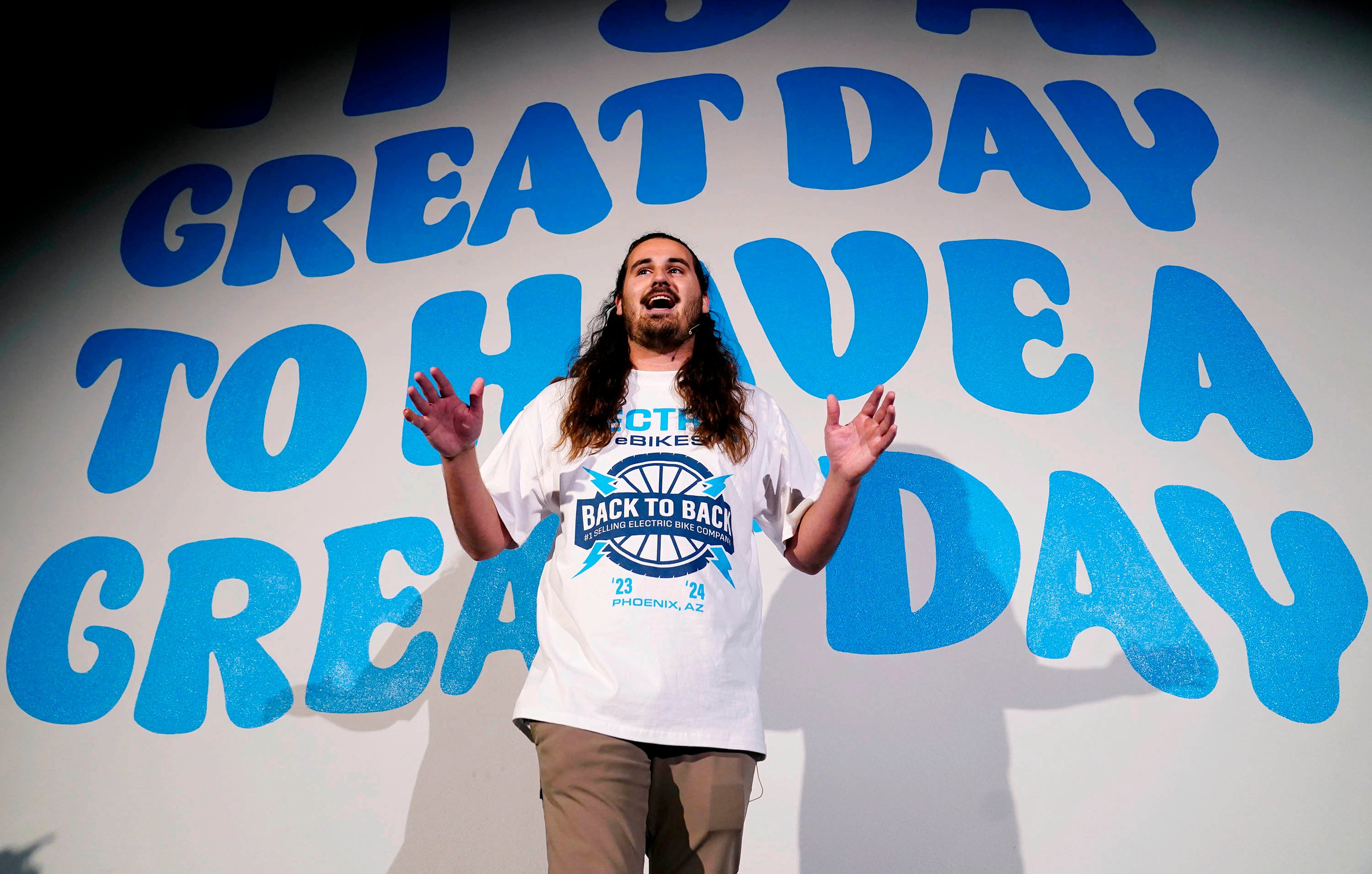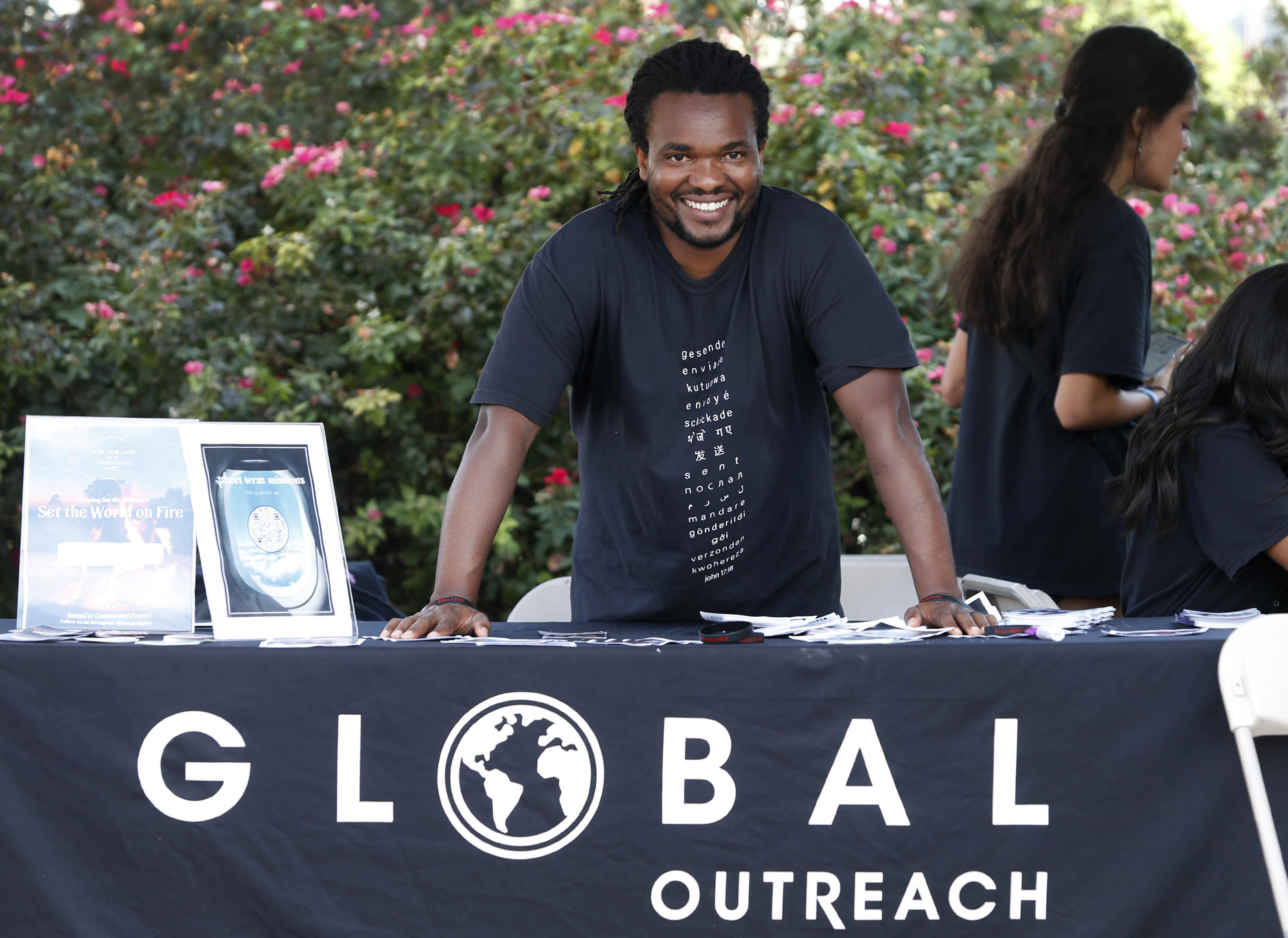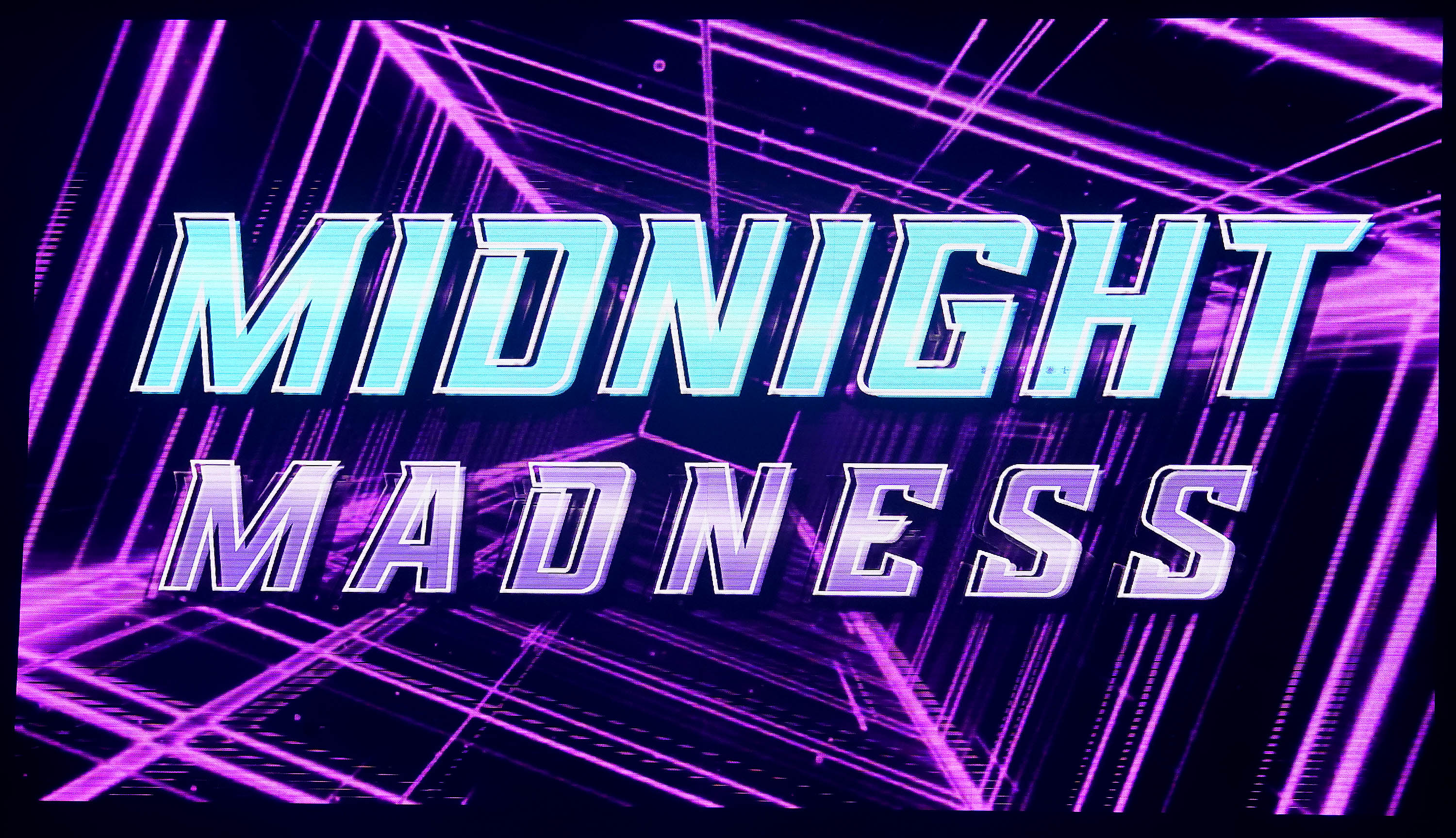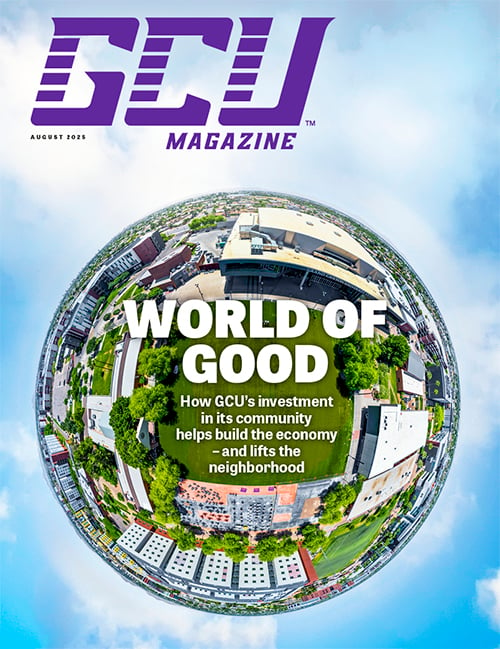
Imagine, in this age of routine rage, if a poet started a revolution.
That’s what happened in 1848 when the Hungarian Revolution was thought to be inspired by Sándor Petofi, who created poetry for everyday people in a language that gave them voice, especially in his “National Song:”
“Hungarians, get on your feet!/This is the time, this is the need!”
This was pre-Twitter, folks. It wasn’t viewed as a rant.

“He was asking people not to give up, let’s fight for our freedom,” said Grand Canyon University communications instructor Dr. Reka Vicsacsan, a Hungarian. “He was not sitting behind a desk writing poetry; he went out and fought the revolution and that is how he died.”
His work will be performed in song by noted Hungarian guitarist Robert Sinha and vocalist Noemi Sarog as part of “Ethnic Minorities in Europe” at 2 p.m. Friday in GCU’s Sunset Auditorium, a collaboration between GCU and the Hungarian Cultural Association of Phoenix, which Vicsacsan launched. The free event, funded by a grant from Arizona Humanities, includes a discussion of the Hungarian Revolution by Assistant Professor David Dean.
Vicsacsan knows about being an ethnic minority. She grew up in a part of Romania that was Hungary before World War II, so considered herself Hungarian. Her grandmother warned her against ever marrying a Romanian.
“Your identity is given by your culture, not your citizenship,” she said.
“In America, not as much, but there is, like everywhere, the misperceptions and stereotypes about different cultures and the conflicts that arise because of those stereotypes,” she said. “It’s difficult to let go of these stereotypes. It’s human nature, actually. That is how our mind works.”
But in her teachings on intercultural communications at GCU and during Friday’s event, she hopes an understanding emerges of other cultures to counter an instinct to overgeneralize. GCU history professor David Dean also will speak on the Hungarian Revolution.
“We wanted to focus on his poetry but at the same time to show how ethnic minorities like him changed history,” she said. “Poetry is basically communication. Through explaining that and the concept of freedom, we also present Hungarian literature, so they might understand the differences in perceptions of Americans and Europeans and, especially, ethnic minorities.
“Teaching people about other cultures will open up their worldview a little bit. They will be more accepting of these differences.”
Petofi was no aristocrat writing over the heads of peasants but wanted to be understood, in poems about his mother or his dog and chickens. But it was words that sparked a revolution that cemented his legacy and is still studied by Hungarian youth, she said.
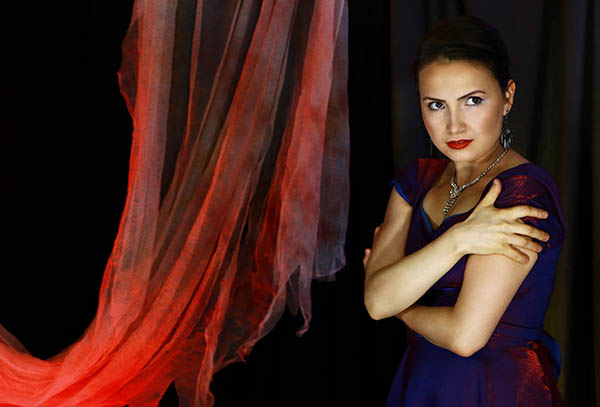
Vicsacsan came to the U.S. with only a suitcase and began work at GCU 5 ½ years ago. She knew no one in the U.S. Today, she is married and has two children, age 5 and 10 months. They speak only Hungarian at home.
“The languages that we speak affect our behavior, but the languages we speak are affected by our culture,” she said.
For example, the tenses in different languages affect the way people think and act on the future.
She wants her children to not only know the language but culture of Hungary, and that’s also why she launched the Hungarian Cultural Association of Phoenix, which will hold a concert with the guitarist Friday evening at Dance Wise Studios in Phoenix.
“Growing up with a Hungarian family, I was born with the mindset of being an ethnic minority and having to preserve culture, the language of this ethnic minority, and teach it to others,” she said. “That should be something that is important for everyone. Your family teaches you values and beliefs and the language and that’s so extremely important to pay it forward. If you stop giving that language, it dies. It disappears.”
Hungary is tiny but significant, she said. Its natives are inventors of the gloves worn by Rihanna during the Super Bowl halftime show, the ballpoint pen and Rubik’s Cube. They discovered vitamin C and pioneered the very idea of washing hands before medical care, not to mention, the country was a key player in combating a more current health crisis — the technology used in COVID vaccines.

But don’t get her started on goulash. It’s the food many people equate with Hungary. (It’s not the noodle-meat combo you grew up with in the U.S. It’s more like a soup).
One way to talk about those cultural differences, whether goulash or perceptions of freedom and liberty, is through poetry and music.
“Literature and culture is for everybody,” Vicsacsan said. “Music is such an international language, so perhaps they will be more perceptive to the poetry.”
Sinha, a graduate of the Dutch Royal Conservatory, put the poet’s words to music and will join a discussion about its significance.
Vicsacsan has made it a quest to touch base with what she says is a few hundred people in the Valley that claim Hungarian heritage through her association. Also, she befriended GCU swimmer Fruzsi Macsok, a native of Hungary, and just last week accidently discovered another Hungarian student who heard her speaking the language while being filmed on campus by a Hungarian sports media outlet in town for the Super Bowl.
“How small the world is,” she said.
But if you ask people to tell you what they know about Hungary, it wouldn’t be much, she said, before pulling up a photograph of Hungarian goulash, and describing its distinguishing secret:
“Paprika. Lots of it.”
Grand Canyon University senior writer Mike Kilen can be reached at mike.kilen@gcu.edu or at 602-639-6764.















